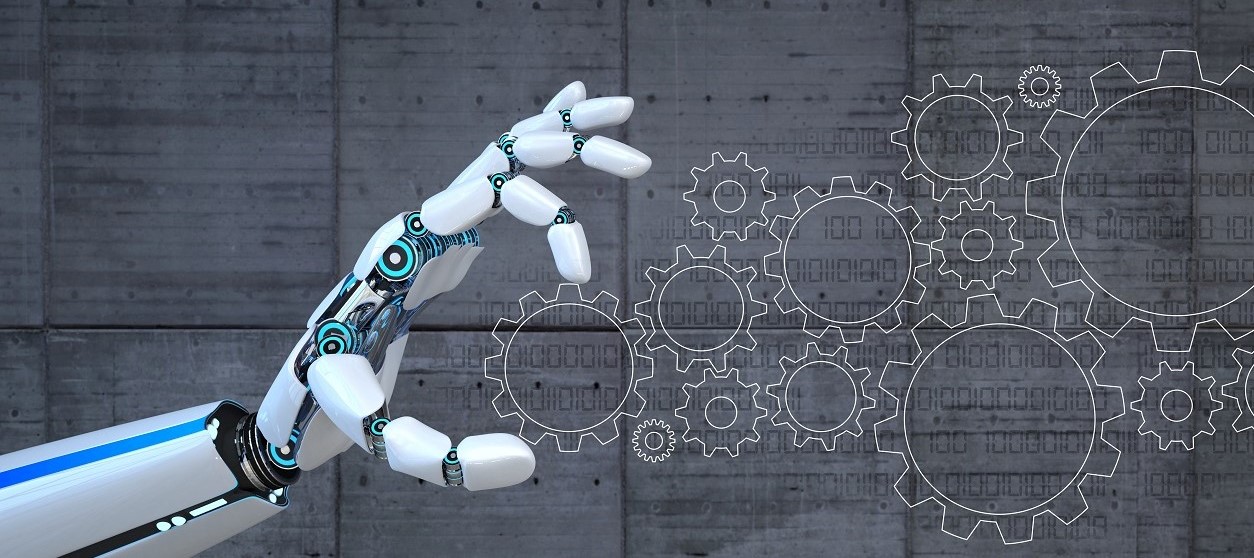Industry4.0
The rise of new digital industrial technology, known as Industry 4.0, is a transformation that makes it possible to gather and analyze data across machines, enabling faster, more flexible, and more efficient processes to produce higher-quality goods at reduced costs. This manufacturing revolution will increase productivity, shift economics, foster industrial growth, and modify the profile of the workforce—ultimately changing the competitiveness of companies and regions.
There are hundreds of concepts and terms that relate to IIoT (Industrial Internet of Things) and Industry 4.0, but here are 12 foundational words and phrases to know before you decide whether you want to invest in Industry 4.0 solutions for your business:
- Enterprise Resource Planning (ERP): Business process management tools that can be used to manage information across an organization.
- IoT: IoT stands for Internet of Things, a concept that refers to connections between physical objects like sensors or machines and the Internet.
- IIoT: IIoT stands for the Industrial Internet of Things, a concept that refers to the connections between people, data, and machines as they relate to manufacturing.
- Big data: Big data refers to large sets of structured or unstructured data that can be compiled, stored, organized, and analyzed to reveal patterns, trends, associations, and opportunities.
- Artificial intelligence (AI): Artificial intelligence is a concept that refers to a computer’s ability to perform tasks and make decisions that would historically require some level of human intelligence.
- M2M: This stands for machine-to-machine, and refers to the communication that happens between two separate machines through wireless or wired networks.
- Digitization: Digitization refers to the process of collecting and converting different types of information into a digital format.
- Smart factory: A smart factory is one that invests in and leverages Industry 4.0 technology, solutions, and approaches.
- Machine learning: Machine learning refers to the ability that computers have to learn and improve on their own through artificial intelligence—without being explicitly told or programmed to do so.
- Cloud computing: Cloud computing refers to the practice of using interconnected remote servers hosted on the Internet to store, manage, and process information.
- Real-time data processing: Real-time data processing refers to the abilities of computer systems and machines to continuously and automatically process data and provide real-time or near-time outputs and insights.
- Ecosystem: An ecosystem, in terms of manufacturing, refers to the potential connectedness of your entire operation—inventory and planning, financials, customer relationships, supply chain management, and manufacturing execution.
- Cyber-physical systems (CPS): Cyber-physical systems, also sometimes known as cyber manufacturing, refers to an Industry 4.0-enabled manufacturing environment that offers real-time data collection, analysis, and transparency across every aspect of a manufacturing operation.


